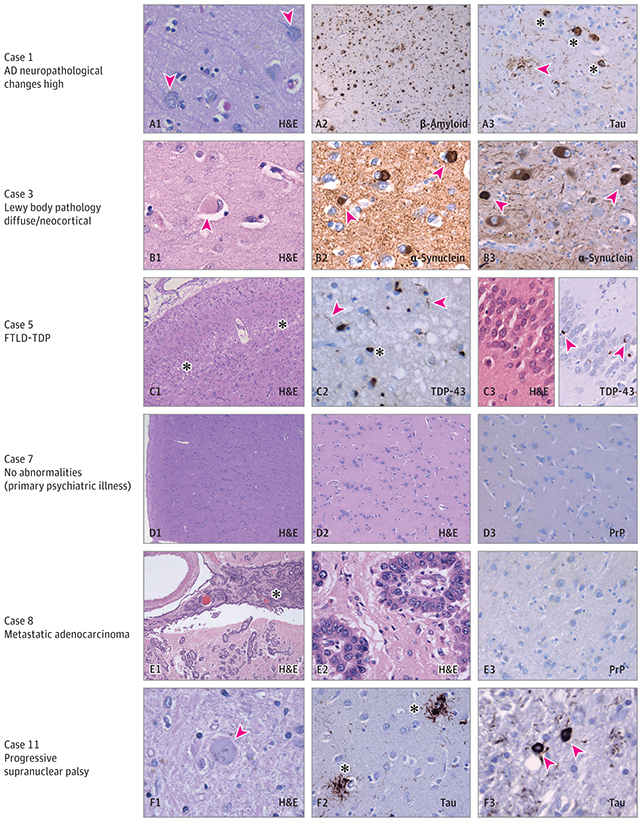Cases of a mystery brain illness in New Brunswick, Canada have been making the headlines since 2019, but a new study assessing these reports has found no evidence that there's a new disease spreading.
Researchers from across institutions in Canada took a new look at 25 cases of the so-called New Brunswick neurological syndrome of unknown cause (NSUC), evaluating 14 living patients and running brain autopsies on 11 who have since died.
In each case, the researchers found that the mystery symptoms reported at the time could actually be explained by conditions we already know about, including Alzheimer's, Parkinson's, and traumatic brain injury.
The idea that a new disease might be emerging had come about through incorrect interpretations of patient histories, mistaken interpretations of physical examinations, and an over-reliance on tests not directly related to brain conditions, the researchers suggest.
"Clinical and neuropathological evaluations demonstrated that all 25 cases were attributable to well-characterized neurological disorders," write the researchers in their published paper.
Some of the symptoms reported by those affected include anxiety, visual hallucinations, limb pain, and rapidly progressing dementia. Officially, 222 cases have been reported; unofficially, the figure is now more than 500.

As the authors of the new study note, various explanations have been put forward for what's going on: from environmental pollution to a previously undocumented disease involving misfolded proteins known as prions.
And it appears that media reporting hasn't helped, perpetuating the idea that some kind of mystery illness is making its way across this part of Canada. Patients and families are looking for answers, and don't yet believe they've found them.
"Unfounded concerns that a potentially fatal mystery disease, possibly induced by an environmental toxin, is causing the patients' neurological symptoms has been amplified in traditional and social media," write the researchers.
Despite the new research, those involved in these cases might take some convincing that there's nothing new happening here. A significant number of people refused second opinions or didn't respond to communications from the study authors.
What's more, we've seen an expert report published in 2022 that concluded that there was no unexplained syndrome involved. That report was carried out by the government in New Brunswick at the time, but hasn't been fully accepted by all the parties involved.
This year, with new officials in place, there have been fresh calls to investigate the spate of illnesses again. This might not be the last we hear of the New Brunswick neurological syndrome of unknown cause, but the authors of the new study are suggesting that all new cases are rigorously examined.
"Independent clinical evaluations are needed for any patient given a diagnosis of NSUC," write the researchers.
The research has been published in JAMA Neurology.
